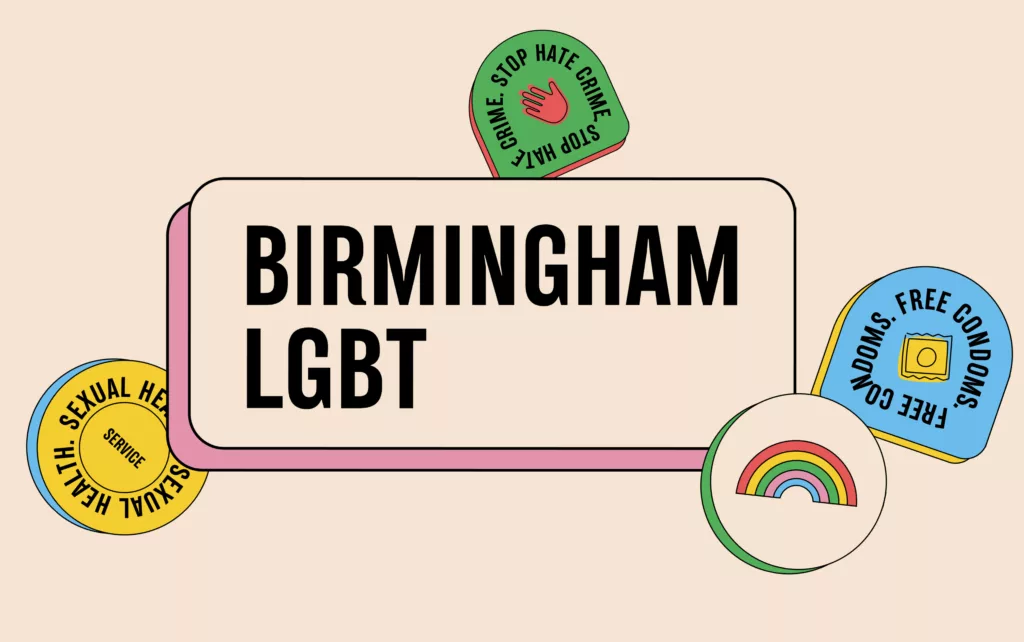8th March every year is International Women’s Day, but what does that mean? When did it start? What does it achieve?
Every year on 8th March, groups all over the world celebrate International Women’s Day, with activities ranging from coffee mornings, arts festivals and fun runs to business seminars, conferences and marches for equality. Notably, this year: in Cameroon, the topic of discussion is: “Shaping Women’s Role in Climate Change Adaptation and Mitigation”; women in Bangladesh are protesting the lack of useable public toilets in urban and rural areas; in Djibouti, challenges faced by women writers and artists in a Muslim country are being tackled; Thailand is celebrating inspirational women leaders throughout Asia and United Arab Emirates celebrates acts of courage and determination by ordinary women who have played an extraordinary role in the history of their countries and communities.
Here in the UK, hundreds of events will also take place, including a Birmingham Women’s Strike rally and march from Victoria Square.
The first “National Woman’s Day” was held across the United States on 28th February, 1909. Charlotte Perkins Gilman addressed a crowd in New York City, proclaiming: “It is true that a woman’s duty is centered in her home and motherhood but home should mean the whole country and not be confined to three or four rooms of a city or a state.” Some sources say that the Day was inspired by a female textile workers’ strike for shorter hours, better pay and voting rights, in 1907.
The global event that we now celebrate was first proposed by German socialists at the Socialist Second International in Copenhagen in 1910, as a way to campaign for equal rights for women internationally. The date wasn’t fixed at the time. The following year on 19th March, International Women’s Day was marked for the first time, by over a million people in Austria, Denmark, Germany and Switzerland; whilst in the US, National Women’s Day was still being observed on the last Sunday in February. 1914 was the year that 8th March was fixed as International Women’s Day; the year when German women protested for the right to vote and Sylvia Pankhurst was arrested on her way to a march in London for British women’s right to vote. In 1917, a demonstration in Petrograd by Russian women textile workers on 8th March marked the beginning of the Russian Revolution. Interestingly: in Russian, International Women’s Day is now marked by a bank holiday!
The United Nations began celebrating International Women’s Day in the “International Women’s Year”, 1975. In 1977, the United Nations General Assembly invited member states to proclaim 8th March as the “UN Day for women’s rights and world peace”.
This year’s International Women’s Day 2018 campaign theme is #PressforProgress. The IWD website tells us:
“With the World Economic Forum’s 2017 Global Gender Gap Report findings telling us that gender parity is over 200 years away – there has never been a more important time to keep motivated and #PressforProgress. And with global activism for women’s equality fuelled by movements like #MeToo, #TimesUp and more – there is a strong global momentum striving for gender parity.
And while we know that gender parity won’t happen overnight, the good news is that across the world women are making positive gains day by day. Plus, there’s indeed a very strong and growing global movement of advocacy, activism and support.
So we can’t be complacent. Now, more than ever, there’s a strong call-to-action to press forward and progress gender parity. A strong call to #PressforProgress. A strong call to motivate and unite friends, colleagues and whole communities to think, act and be gender inclusive.”
At Birmingham LGBT, we too recognise the importance of International Women’s Day. Yesterday, we opened up our Centre to talk about women’s health and also invited women to our newly-launched Well Women’s Clinic: a nurse-led clinic offering HIV tests, STI screening, contraception advice and cervical smear tests, as well as one to one support and advice about all aspects of women’s sexual health and wellbeing. We also offered the opportunity to meet and talk with Lu Skerratt, our dedicated Lesbian, Bisexual and Queer Women’s Worker.
Birmingham LGBT is also posting up a series of photographs on our Facebook page, showing our pledges for this year’s them of #PressforProgress, which you can see here: https://www.facebook.com/lgbtbirmingham/
For more information about International Women’s Day:
https://www.internationalwomensday.com/




